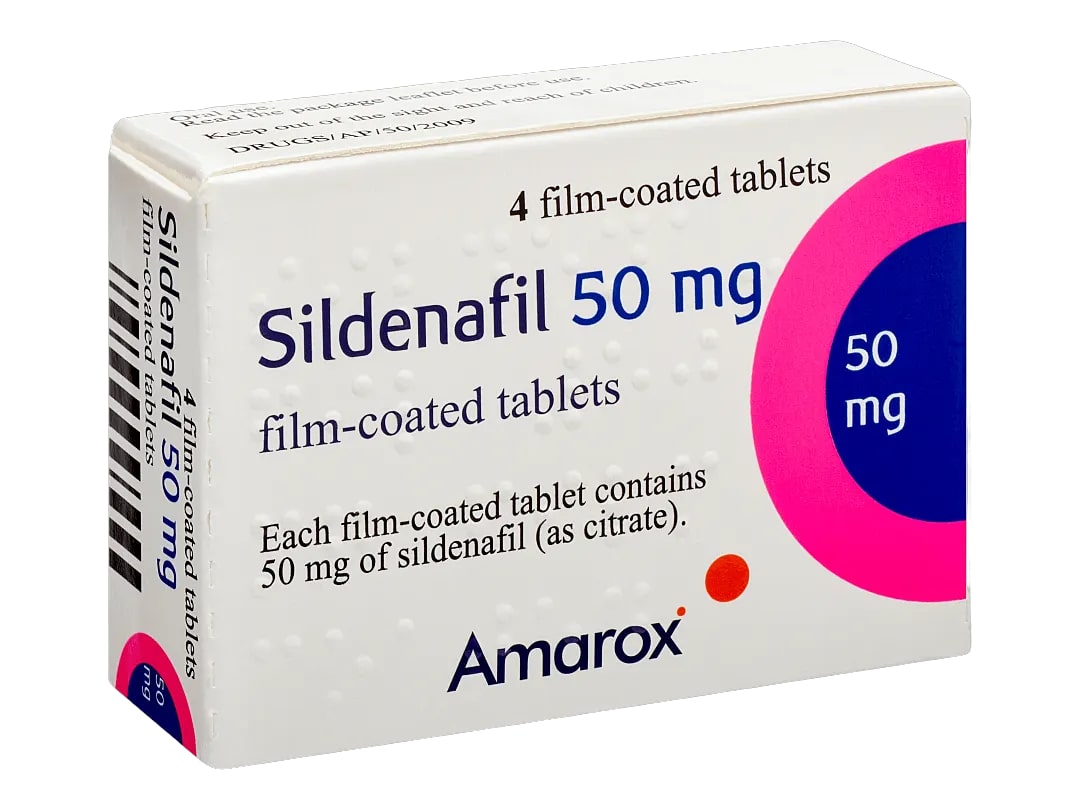Why Choose Sildenafil?
Improved Blood FlowEnhances oxygen delivery to tissues, potentially alleviating altitude sickness symptoms. Sildenafil's ability to relax blood vessels and increase nitric oxide levels can significantly improve circulation, ensuring that vital organs receive the oxygen they need to function properly at high altitudes.
Convenient DosageEasy-to-take tablet form allows for convenient administration. The tablet format of sildenafil makes it a practical option for travelers, allowing them to easily manage their medication schedule while on the go. This ease of use can contribute to better adherence and potentially more effective symptom management.
Potential for Symptom ReliefMay help reduce headaches, nausea, and fatigue associated with altitude sickness. Many individuals find that sildenafil helps to alleviate common symptoms of altitude sickness, such as headaches, nausea, and fatigue. While it's not a cure, this symptom relief can significantly improve the overall travel experience.
Relatively Fast-ActingStarts to take effect within an hour, providing timely relief. The relatively fast-acting nature of sildenafil means that individuals can experience symptom relief within an hour of taking it. This timely response can be particularly helpful when dealing with sudden onset or worsening altitude sickness symptoms.
Widely AvailablePrescription medication, but generally accessible with a doctor's approval. While sildenafil requires a prescription, it is generally accessible with a doctor's approval. This ensures that individuals receive appropriate guidance and monitoring while using the medication.
Potential for Prophylactic UseMay be taken before ascent to prevent symptoms. Some individuals choose to take sildenafil prophylactically, before ascending to higher altitudes, in an attempt to prevent the onset of altitude sickness symptoms. However, it's important to discuss this approach with a healthcare professional.
Can be combined with other treatmentsWorks well alongside acclimatization techniques. Sildenafil is often used in conjunction with other preventive measures, such as gradual ascent and hydration. This combined approach can provide a more comprehensive strategy for managing altitude sickness.
Generic options availableMore affordable alternative to branded sildenafil. The availability of generic versions of sildenafil can significantly reduce the cost of treatment, making it more accessible to a wider range of individuals.
Relatively well-studiedExtensive research on its effects and safety. Sildenafil has been extensively studied, providing a good understanding of its effects and safety profile. This knowledge base contributes to confidence in its use for various medical conditions, including potential applications for altitude sickness.
Always follow your doctor’s instructions for the best results and safety.


